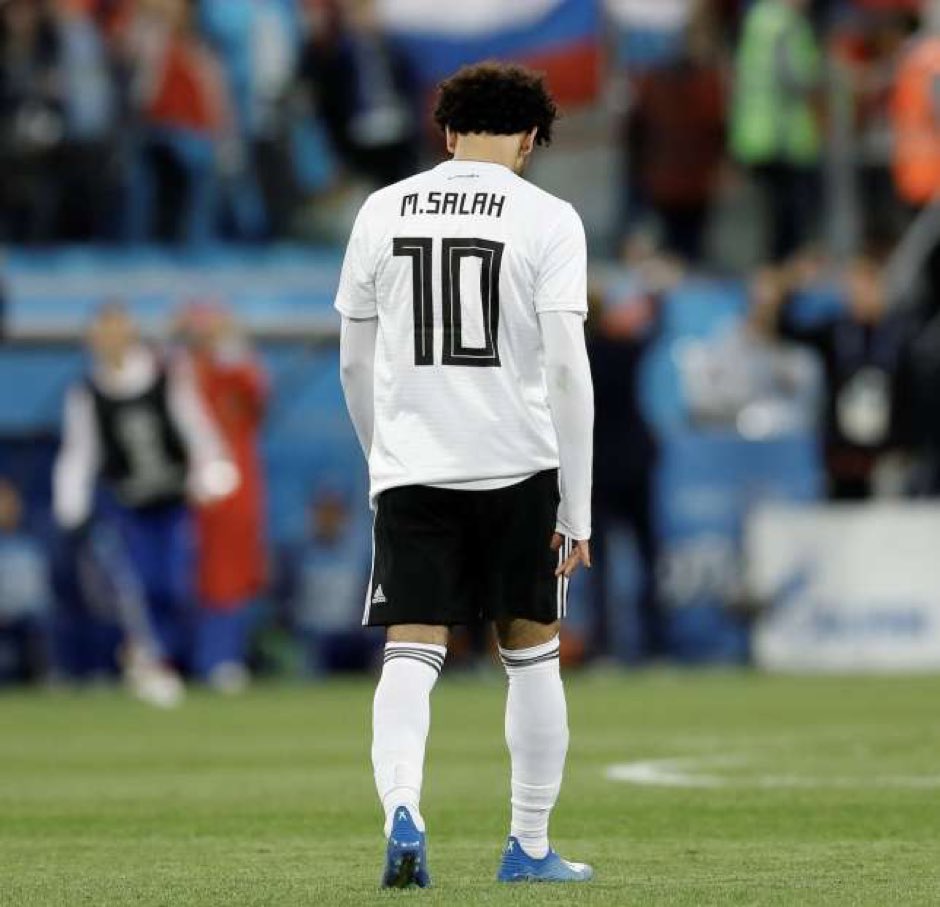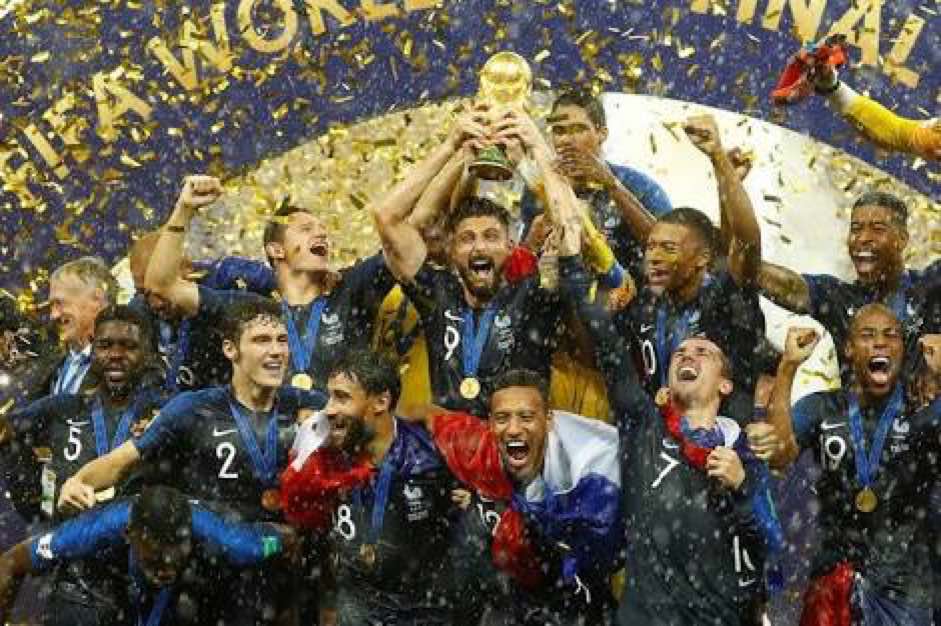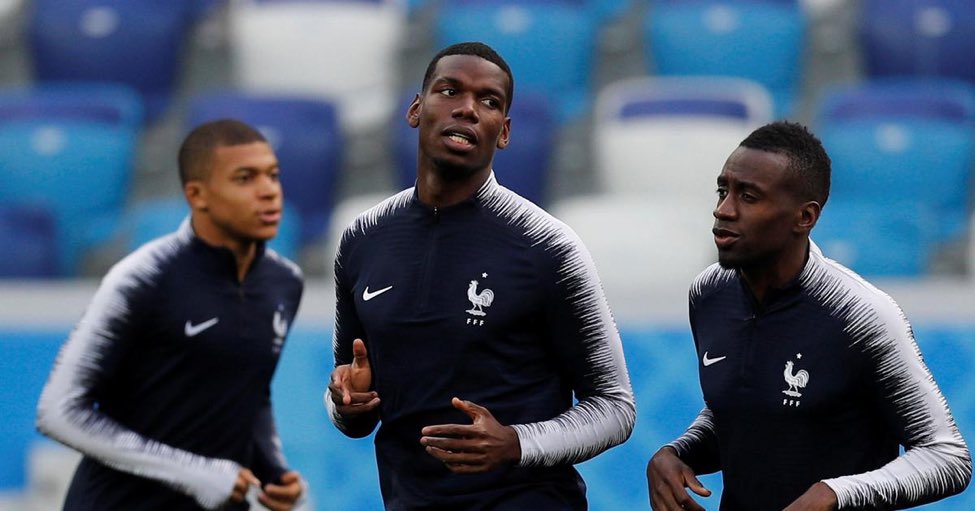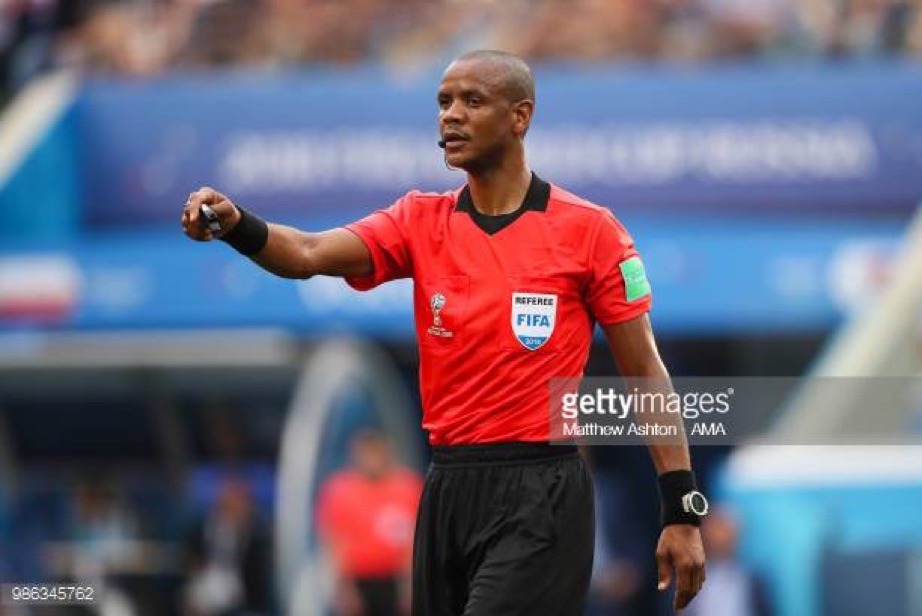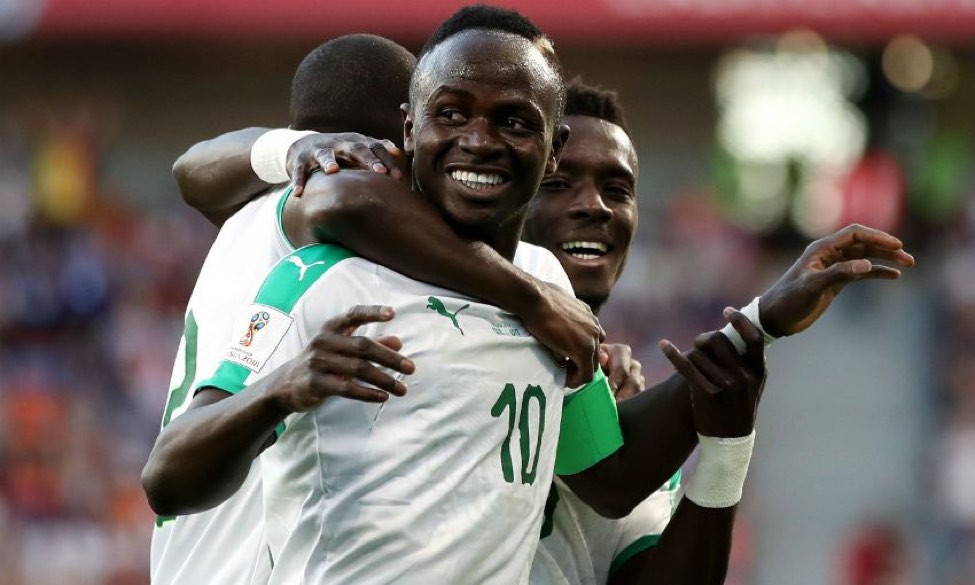For many years countries from North Africa region have always flattered and deceived at the World Cup and this year’s tournament is no different.
Many expected that qualification of Egypt, Morocco and Tunisia will upturn the fortune but for another time, hearts of passionate fans across the region have been broken as the three countries failed to make past group stages of the competition.
After just two games each in Russia the three North African countries were eliminated, but that should not come as a surprise as the five Confederation of Africa (CAF) teams arrived as the weakest group, at least according to FIFA World Rankings.
There is no lack of football talent from the region. From Egypt’s Mohamed Salah, to Tunisia’s Wahbi Khazri and Morocco’s Medhi Benatia – to name just a few – North African footballers have been lighting up the global stage for some good time.
But for over the past 10 years, when the rest of the world seemingly were catching up to the European and South American powers, North Africa has been largely left behind as most of the top performers in the region have been playing in local leagues.
While the rest of the world has moved on to a more aggressive, possession-oriented attacking style, North Africa teams have not fully adapted. They simply lack the creativity and flair that are integral to a more offensive approach.
In Russia, the three nations were dominated by a home grown squad stuck with stale tactical approaches and that was evident in almost all of the matches that they played.
One may say the north of Africa is blessed with better infrastructure and resources to compete with the rest of the world, but taking an example of Tunisia, which has a number of home-based players in the squad, their performance against Belgium in their second Group H encounter portrayed lack of physicality with a decent ball-sense and skills from the players, which is almost a similar case to the other two teams.
Indeed, from the look of the three teams’ mental strength at the World Cup, they were to a large extent weak. This showed why their players did not have much hunger or at some moments gave up quickly than others in the quest for victory.
Northern African football violence in the past seems also to be one of contributing factors for the poor displays of the three teams. A look at Egyptian Premier Leagues since 2011 shows that it has stuttered on and off, operating only intermittently, with the instability that proved a veritable handicap to a unit that relies so heavily on its domestic talent, though there is a sign of recovery.
Fielding of imported players also exposed the football association’s lack of support of home grown talent. Take for example, Morocco’s roster consisted 17 players born outside the country out of the 23 named by Coach Herve Renard. If not well checked, this may in future affect patriotism levels of the players towards the country.
Being the masters of the game in the continent due to their dominance in club football, the three North African nations need to improve on how their teams can perform better in future by drafting an approach to the CAF for change of qualification format that seems not to favour the continent and the region.
The qualification format that CAF uses, reached at its Exco meeting January 14, 2015, which decided to have three rounds of qualifying whose import was to whittle down the 54 entrants to the tournament into 20 teams that would play in five groups of four teams with group winners qualifying, does not do good to North African teams.
That very undesirable situation led to a massive exclusion of 940 days before the finals. For the game in the region to prosper, the three countries need to push for a South American confederation CONMEBOL type of format that has done better than Africa as it had its ten nations playing in one group and each team playing 18 matches with the fifth-place team going to a playoff. In effect, their teams play 20 matches before getting to the World Cup.
This will bring out competitiveness that will help the North Africa game as it will create a situation that will enable the teams to learn more as it will building a successful football industry in the countries and enrich play as part of long term solution.
North Africa must be doing something right in terms of general development and administration but as long as the rest of the continent continues to strive in implementing decent structures to achieve noteworthy goals, the region’s game will always lag behind.
